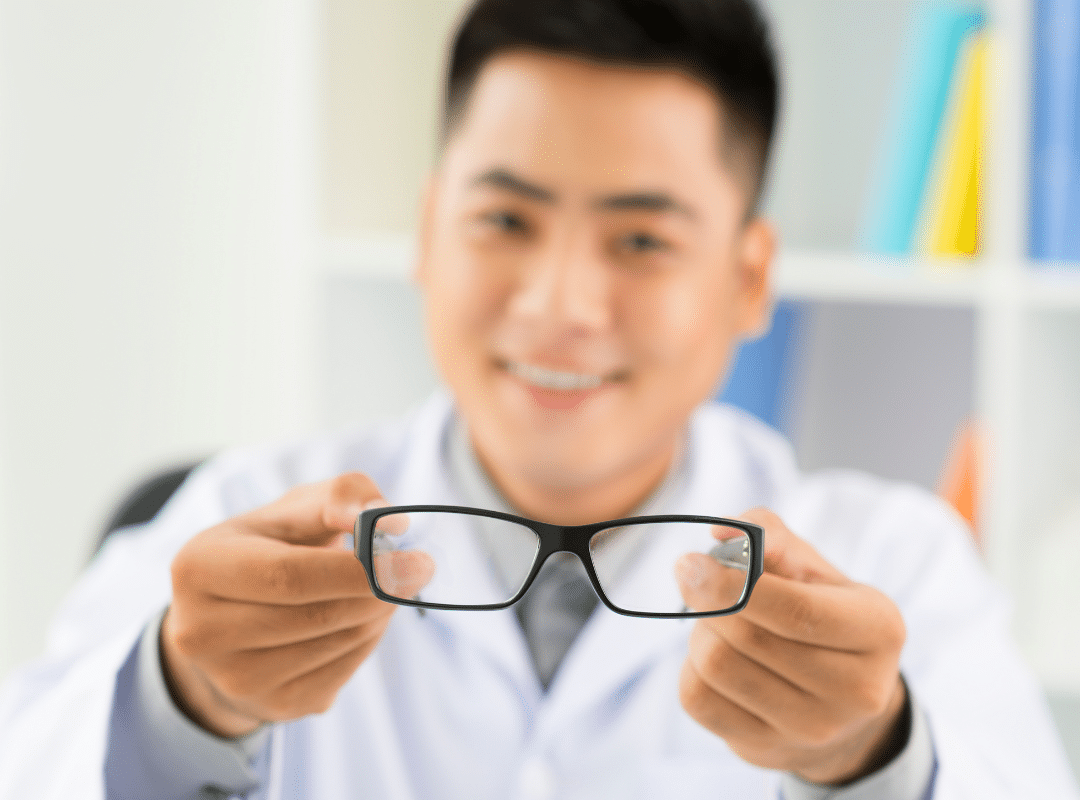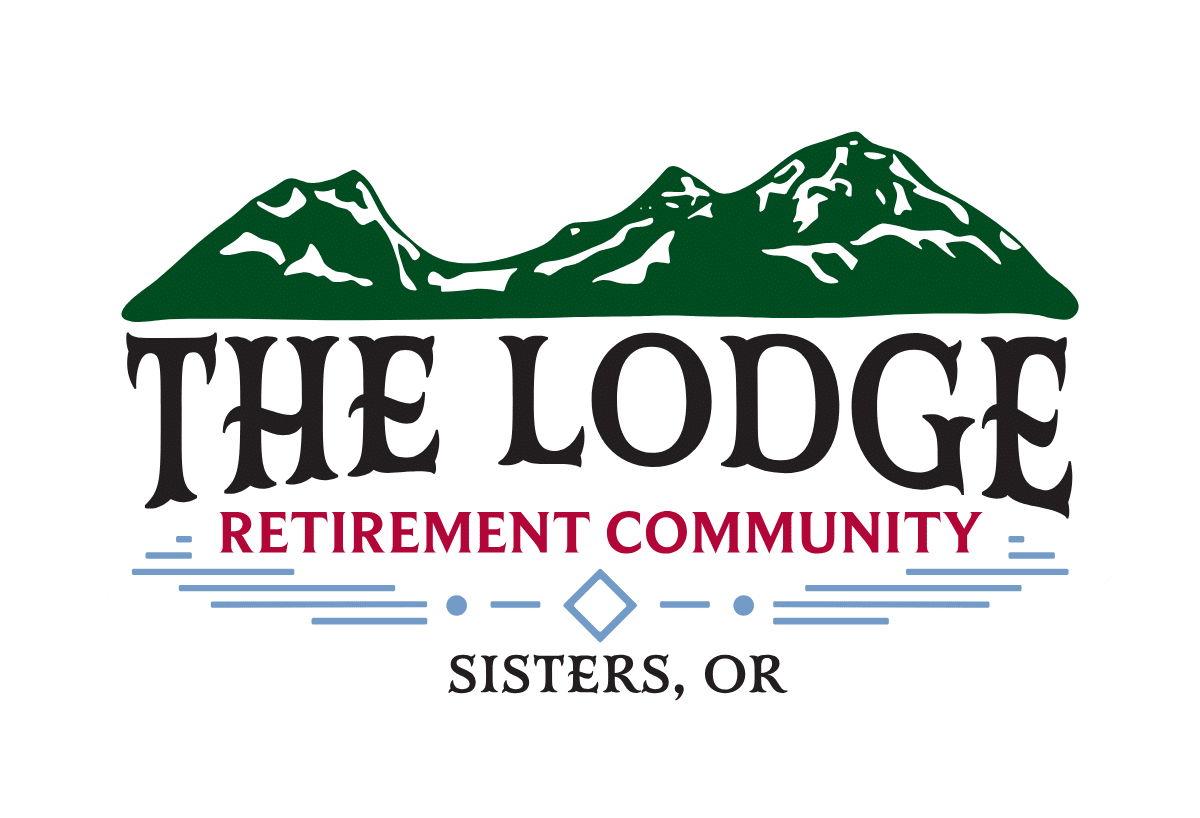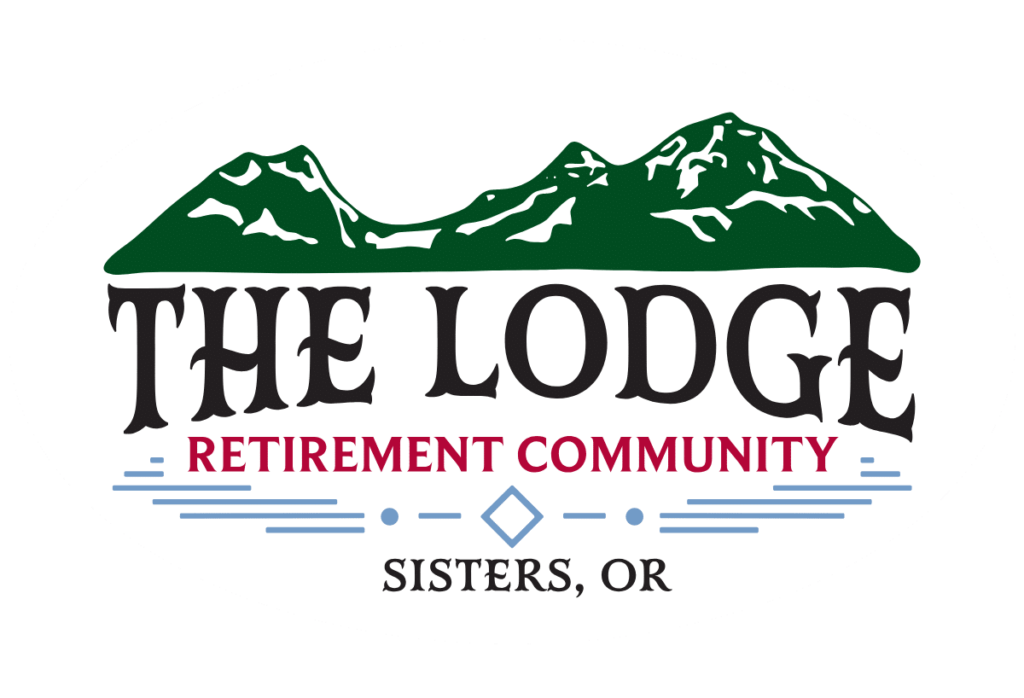Can Eyesight Improve With Age? Unraveling the Truth
As we age, it’s easy to assume that declining eyesight is inevitable. But what if the opposite were possible? Can eyesight improve with age? This question has sparked curiosity, especially among those who suddenly notice clearer vision or a shift in how they perceive the world.
Surprisingly, some older adults experience improvements in their vision due to natural physiological changes or changes in their lifestyle. These shifts can feel like a second chance at clarity and may be more common than most people think. Let’s explore the factors behind this phenomenon and what it means for your eye health.
Understanding Age-Related Changes in Vision
Aging brings about several changes in your visual system. Common conditions like cataracts, glaucoma, and age-related macular degeneration often cause blurry vision, double vision, or increased eye strain. However, the extent of these changes varies from person to person.
Staying proactive is key. Regular eye exams are vital for detecting early signs of degeneration and preserving your vision. For those living in senior communities, participating in senior wellness programs can support not only your physical well-being but also your eye health. These programs promote activities that encourage healthy habits and long-term wellness.
The Concept of Second Sight: Who Benefits?
Among age-related changes, some individuals experience what is known as “second sight.” This term describes a temporary improvement in near vision, typically affecting people who were previously farsighted. This shift can enhance clarity when reading or performing fine tasks without glasses.
However, it’s important to note that “second sight” doesn’t affect everyone equally. Those with nearsightedness often experience the opposite effect. If my eyesight suddenly improves, especially for close-up vision, it may be a sign of a more profound ocular change, such as the development of cataracts.
Consulting an eye care professional is crucial. It allows for proper monitoring and diagnosis, ensuring that any changes aren’t masking a more serious issue. For additional support and options, senior living resources may provide insight into how vision support is offered in assisted living settings.
Factors That Could Lead to Sudden Vision Improvement
While vision typically worsens with age, there are instances where it improves unexpectedly. Some individuals report that their distance vision improves with age, especially after making lifestyle changes or undergoing medical treatments.
One contributing factor is the progression of cataracts. In the early stages, cataracts can cause a hardening effect on the lens, which momentarily improves near vision before overall clarity declines. Similarly, managing chronic conditions like diabetes or hypertension can lead to more stable vision.
Lifestyle changes, such as quitting smoking or reducing screen time, also play a role in improving eye health. For example, diet plays a substantial role, as shown in this article on the keto diet for women over fifty. Nutritional choices can affect inflammation and eye function.
Another factor to consider is general wellness. Reducing stress and getting quality sleep have been linked to improved eye health and ocular performance. If eyesight can improve naturally is your question, the answer is yes, with the right choices and care.
The Role of Diet and Lifestyle in Eye Health
There’s growing evidence that dietary and lifestyle changes can contribute to healthier eyes. Consuming foods rich in antioxidants, omega-3 fatty acids, and vitamins A, C, and E can protect against macular degeneration and cataracts.
For example, leafy greens like spinach and kale, oily fish like salmon, and citrus fruits all support good vision. Avoiding processed foods and sugars also helps reduce oxidative stress on the eyes.
Exercise plays a role, too. Regular physical activity enhances blood flow, allowing nutrients to reach your eyes more efficiently. This ties into the question: Can eyesight improve with exercise? In part, yes. Exercise supports overall vascular health, which, in turn, affects your vision.
Participating in health and wellness programs for seniors can make it easier to adopt these habits. From guided walks to group fitness and meal planning, these programs build a foundation for lifelong eye health.
Explore additional nutritional guidance for eye health from the American Optometric Association and learn how natural eye improvement strategies align with science.

Importance of Regular Eye Exams for Aging Individuals
Routine eye exams are essential, especially as you get older. These check-ups help detect severe eye conditions early and provide a benchmark for tracking changes. Even if your vision improves, it could be masking another issue.
This is especially relevant when considering that nearsightedness can improve with age. While it’s rare, some adults experience changes in their vision due to shifts in their eyes’ lenses or corneas. But without a proper exam, it’s difficult to distinguish between actual improvement and a temporary phenomenon.
Additionally, eye exams can help tailor your care plan. For instance, if you’re considering a change in living arrangements, understanding your vision needs will help you select an appropriate community. Learning about the cost of independent living ensures you’re financially prepared for accommodations that support your long-term eye care needs.
For further guidance, check out this overview from the National Eye Institute on maintaining sharp vision as you age.
Embracing Your Vision Journey: Clarity at Any Age
Aging doesn’t always spell decline, and your eyesight is no exception. Whether you’re experiencing moments where my eyesight suddenly improved or you’re actively working to discover can eyesight improves with age, vision can be a dynamic, ever-changing aspect of your health.
By focusing on a balanced diet, regular exercise, lifestyle adjustments, and regular eye care, you have the power to protect and potentially improve your vision. While some improvements may be fleeting, others may reflect lasting changes tied to your overall well-being.
At The Lodge Retirement Community, we recognize the importance of comprehensive eye health in aging well. Our team is here to help you make informed decisions that support your vision and overall well-being.
If you’re curious about how we incorporate wellness into everyday life, give us a call at (541) 549-5634. You can also schedule a tour to experience our vibrant community firsthand.
Frequently Asked Questions
Why is my vision improving with age?
While it may seem unusual, some people notice an improvement in their vision as they age, particularly if they are nearsighted. This change can happen due to natural shifts in the shape of the eye or lens, which may temporarily offset previous vision issues. For example, farsighted individuals may find they can read up close more easily for a time. However, this is often a short-term adjustment rather than a permanent fix, and it’s essential to monitor vision changes with regular eye exams.
Why did my vision suddenly get better?
A sudden improvement in vision can be surprising, but it may be a sign of underlying health issues or changes in your eyes. In some cases, conditions like cataracts can alter how light enters the eye, temporarily improving near vision before worsening overall eyesight. Alternatively, changes in blood sugar levels, especially in people with diabetes, can affect vision clarity. Because sudden changes in vision can signal medical issues, it’s best to consult an eye care professional promptly.
Can your eyesight get better naturally?
While significant improvements in vision without medical intervention are rare, some lifestyle habits can help maintain or slightly enhance eye health. A balanced diet rich in vitamins A, C, and E, regular exercise, and proper screen usage can support healthy vision. Practicing eye relaxation techniques and reducing eye strain may also make your vision feel clearer. However, significant vision correction typically requires the use of glasses, contacts, or surgical procedures.
Is it too late to improve my eyesight?
It’s never too late to take steps that support your eye health. While age-related vision changes are standard, tools like corrective lenses, laser eye surgery, or vision therapy can help improve your vision. Maintaining a healthy lifestyle, avoiding smoking, and protecting your eyes from UV light can also slow down vision decline. A comprehensive eye exam can guide the best course of action based on your specific needs and age.


